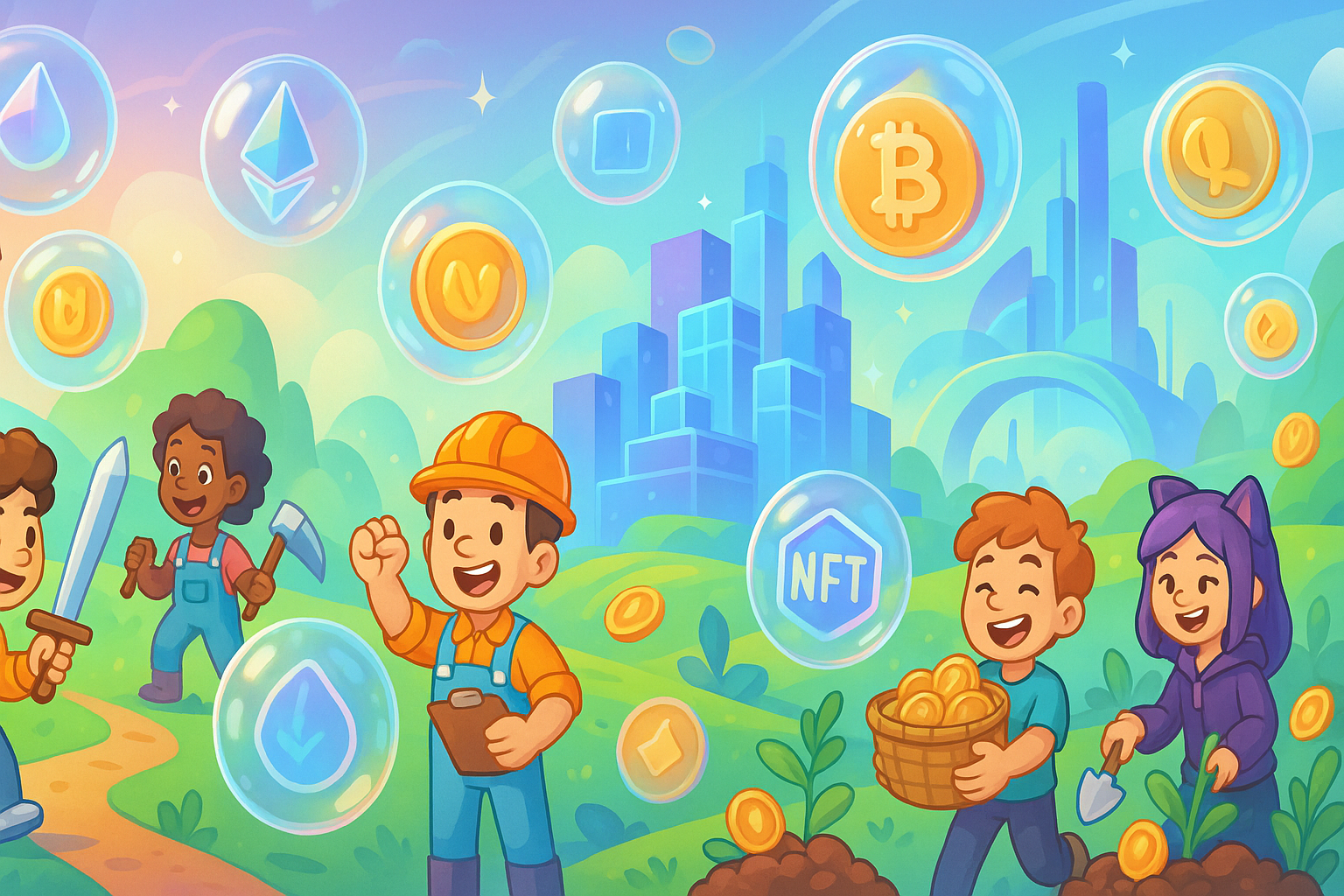The Ultimate P2E Starter Kit: Wallets, Exchanges, and Beyond
The gaming world is in the midst of a revolution, and it's called Play-to-Earn (P2E). No longer just a pastime, P2E games offer players the unprecedented opportunity to earn real value, often in the form of cryptocurrency or Non-Fungible Tokens (NFTs), simply by playing. This isn't just about fun; it's about ownership, digital economies, and a new paradigm where your time and skill are tangibly rewarded. If you've been intrigued by the buzz around games like Axie Infinity, Gods Unchained, or Splinterlands, but felt overwhelmed by the technical jargon, you've come to the right place. This guide is your ultimate starter kit, designed to demystify the essential tools and concepts you need to dive headfirst into the exciting world of P2E.
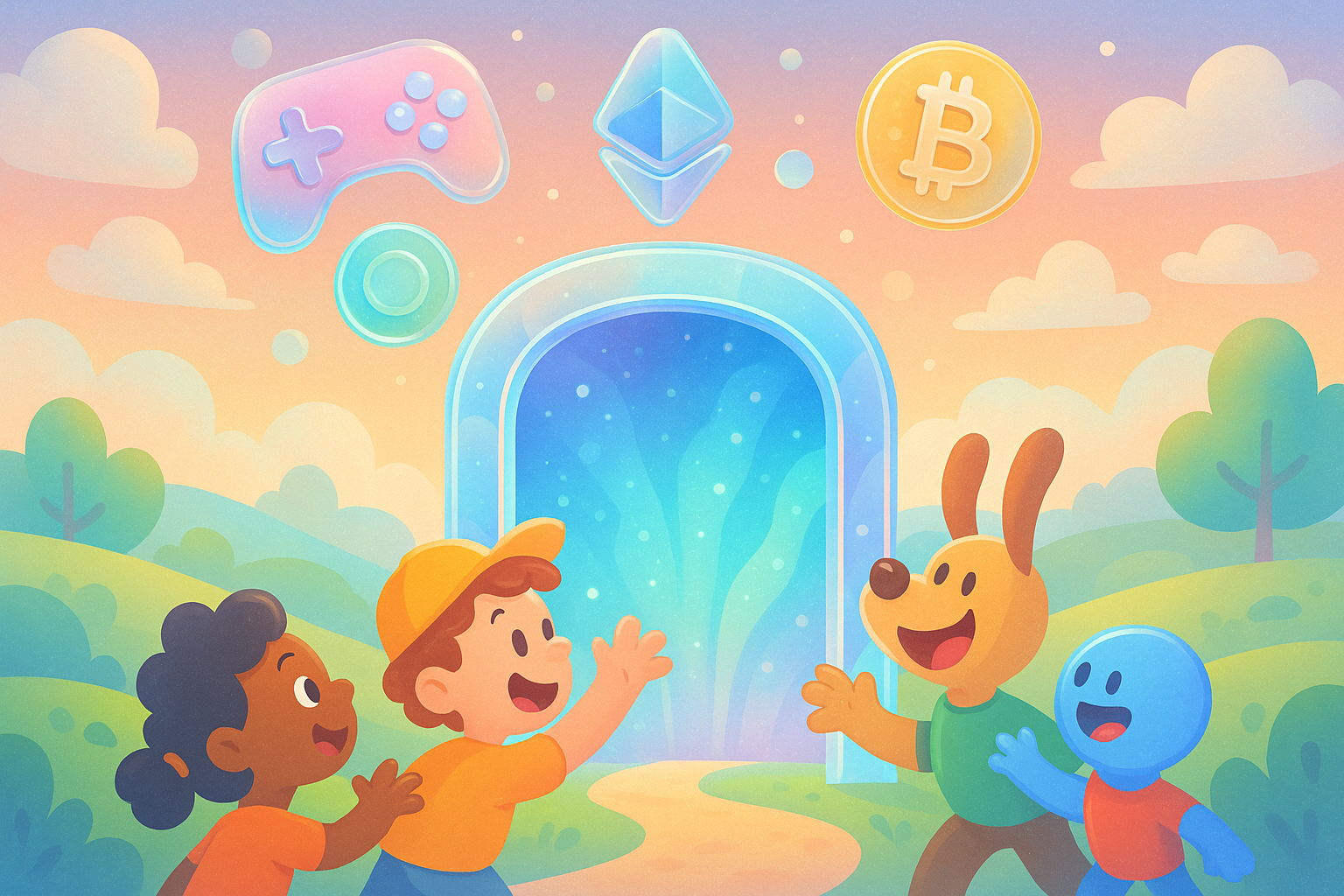
Understanding the P2E Ecosystem: A Quick Primer
Before we jump into the tools, let's briefly touch upon the core concepts. P2E games are built on blockchain technology, which provides a secure and transparent ledger for all transactions. Within these games, digital assets—characters, items, land—are often represented as NFTs. These NFTs are unique, verifiable, and truly owned by you. The in-game currencies are typically cryptocurrencies, which can be traded on exchanges for other cryptos or even fiat money (like USD or EUR).
Your Digital Fortress: The Crypto Wallet
Your crypto wallet is the absolute cornerstone of your P2E journey. Think of it not as a place that "stores" your crypto, but rather as a secure interface that holds the private keys to your blockchain assets. Without a wallet, you can't interact with P2E games, claim rewards, or trade your NFTs. For P2E, you'll primarily be using "hot wallets" – those connected to the internet – for their convenience and ease of use with decentralized applications (dApps) like P2E games.
Choosing Your First Wallet: Popular & Reliable Options
- MetaMask: This is arguably the most popular and versatile hot wallet, especially for games built on Ethereum, Polygon, Binance Smart Chain (BNB Chain), Avalanche, and many other EVM (Ethereum Virtual Machine) compatible networks. It's a browser extension and a mobile app, making it incredibly convenient for connecting to web-based P2E games.
- Trust Wallet: A mobile-first wallet (though it also integrates with browser dApps via WalletConnect), Trust Wallet supports a vast array of cryptocurrencies and blockchains, making it a robust choice for diverse P2E adventures.
- Phantom Wallet: If you're eyeing games on the Solana blockchain (known for its speed and lower transaction fees), Phantom is your go-to. It offers a seamless experience for managing SOL and Solana-based tokens and NFTs.
- Ronin Wallet: Specifically designed for Axie Infinity and other games within the Ronin ecosystem, it's essential if you plan to play these particular titles, as it facilitates cheap and fast transactions within that ecosystem.
Setting Up Your Wallet: Critical Steps
- Download from Official Sources: Always download wallet extensions or apps from their official websites or app stores to avoid phishing scams.
- Create a New Wallet: Follow the prompts to create a new wallet.
- Secure Your Seed Phrase (Recovery Phrase): This is the MOST IMPORTANT step. You'll be given a series of 12 or 24 words. Write this down on paper, store it in multiple secure, offline locations, and NEVER share it with anyone. If you lose this phrase, you lose access to your funds. If someone else gets it, they get your funds.
- Set a Strong Password: This password protects local access to your wallet on your device, but the seed phrase is the master key.
- Understand Networks: P2E games often operate on specific blockchains (e.g., Polygon, BNB Chain). You'll need to configure your wallet (like MetaMask) to connect to these different networks to see your assets and interact with games on them.
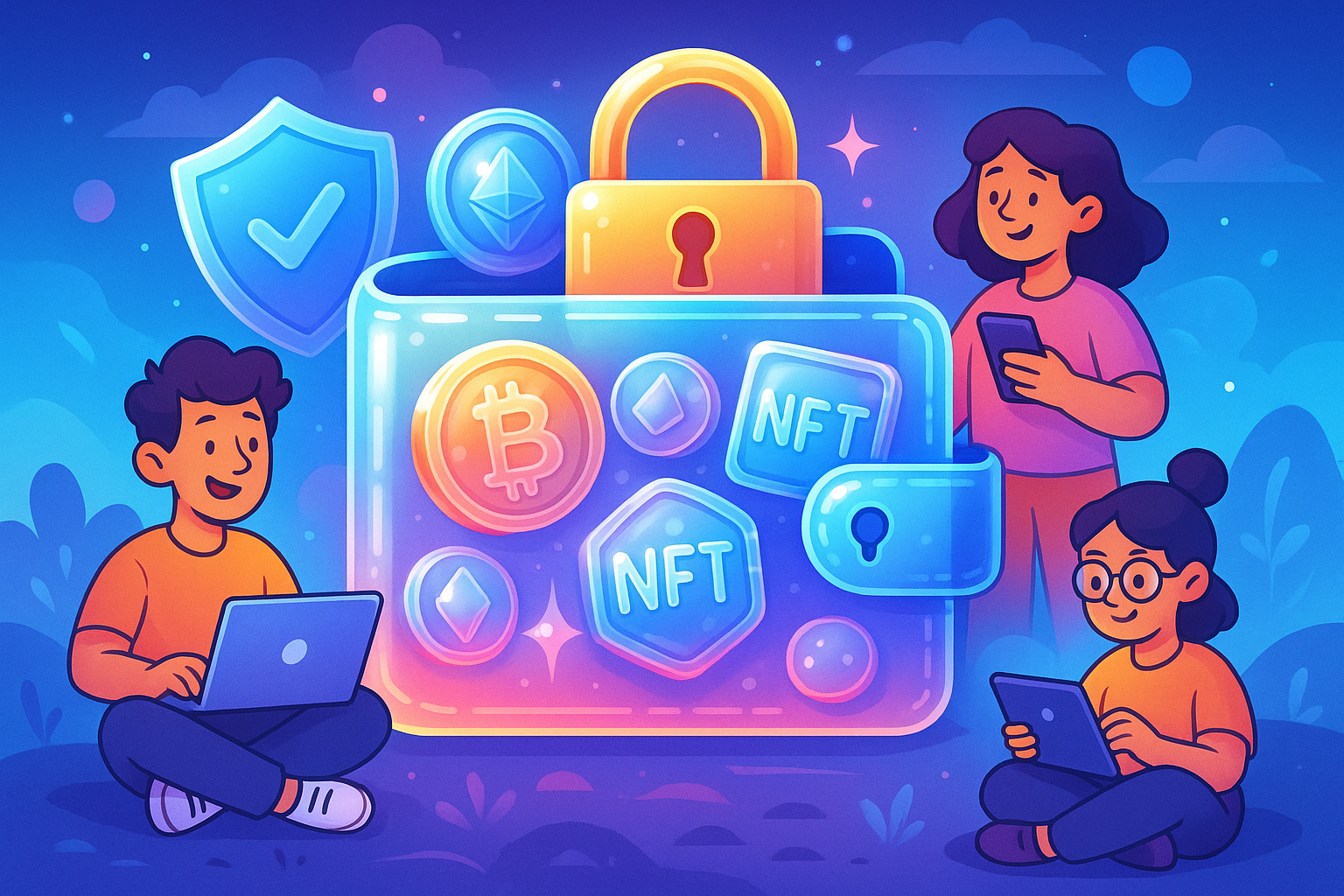
Exchanges: Your Gateway to Crypto
Once you have a wallet, your next step is acquiring the cryptocurrencies needed to buy game assets or start playing. This is where crypto exchanges come in. Exchanges allow you to convert your fiat currency (like USD) into cryptocurrencies, and also to trade between different cryptocurrencies.
Centralized Exchanges (CEX): Beginner-Friendly
For most beginners, starting with a Centralized Exchange is the easiest path. These platforms act as intermediaries, similar to traditional banks, offering a user-friendly experience.
- Binance: One of the largest exchanges globally, offering a vast selection of cryptocurrencies, advanced trading features, and relatively low fees.
- Coinbase: Known for its user-friendliness and strong regulatory compliance, Coinbase is an excellent choice for newcomers in regions where it's available.
- Kraken: A reputable exchange with a strong focus on security and a good selection of altcoins.
Pros of CEX: Easy to use, high liquidity, customer support, often offer fiat-to-crypto on-ramps. Cons of CEX: Require KYC (Know Your Customer) verification, you don't fully control your private keys (until you withdraw to your personal wallet), potential for single points of failure.
Decentralized Exchanges (DEX): For Advanced Users & Specific Tokens
DEXs allow direct peer-to-peer cryptocurrency trading without an intermediary. You connect your wallet directly and execute trades.
- Uniswap: A leading DEX primarily on the Ethereum blockchain, excellent for trading a wide variety of ERC-20 tokens.
- PancakeSwap: The most popular DEX on the BNB Chain, offering lower fees and faster transactions for tokens within that ecosystem.
- Sushiswap: Another popular DEX with similar functionalities to Uniswap, often supporting multiple chains.
Pros of DEX: No KYC required, you retain full control of your assets, resistant to censorship. Cons of DEX: Can be more complex to use, variable transaction fees (gas fees), potentially lower liquidity for niche tokens, no customer support.
How to Buy Crypto and Transfer to Your Wallet
- Sign Up & Verify: Create an account on your chosen CEX and complete the KYC process.
- Deposit Fiat: Fund your account using a bank transfer, debit/credit card, or other supported methods.
- Buy Cryptocurrency: Purchase the cryptocurrency you need for your P2E game (e.g., ETH, MATIC, BNB, SOL).
- Withdraw to Your Wallet: This is crucial! Send the purchased crypto from the exchange to your personal hot wallet (MetaMask, Trust Wallet, etc.). Always double-check the recipient address and ensure you select the correct network (e.g., send ETH on the Ethereum network, not BNB Chain). Sending to the wrong address or network can result in permanent loss of funds.
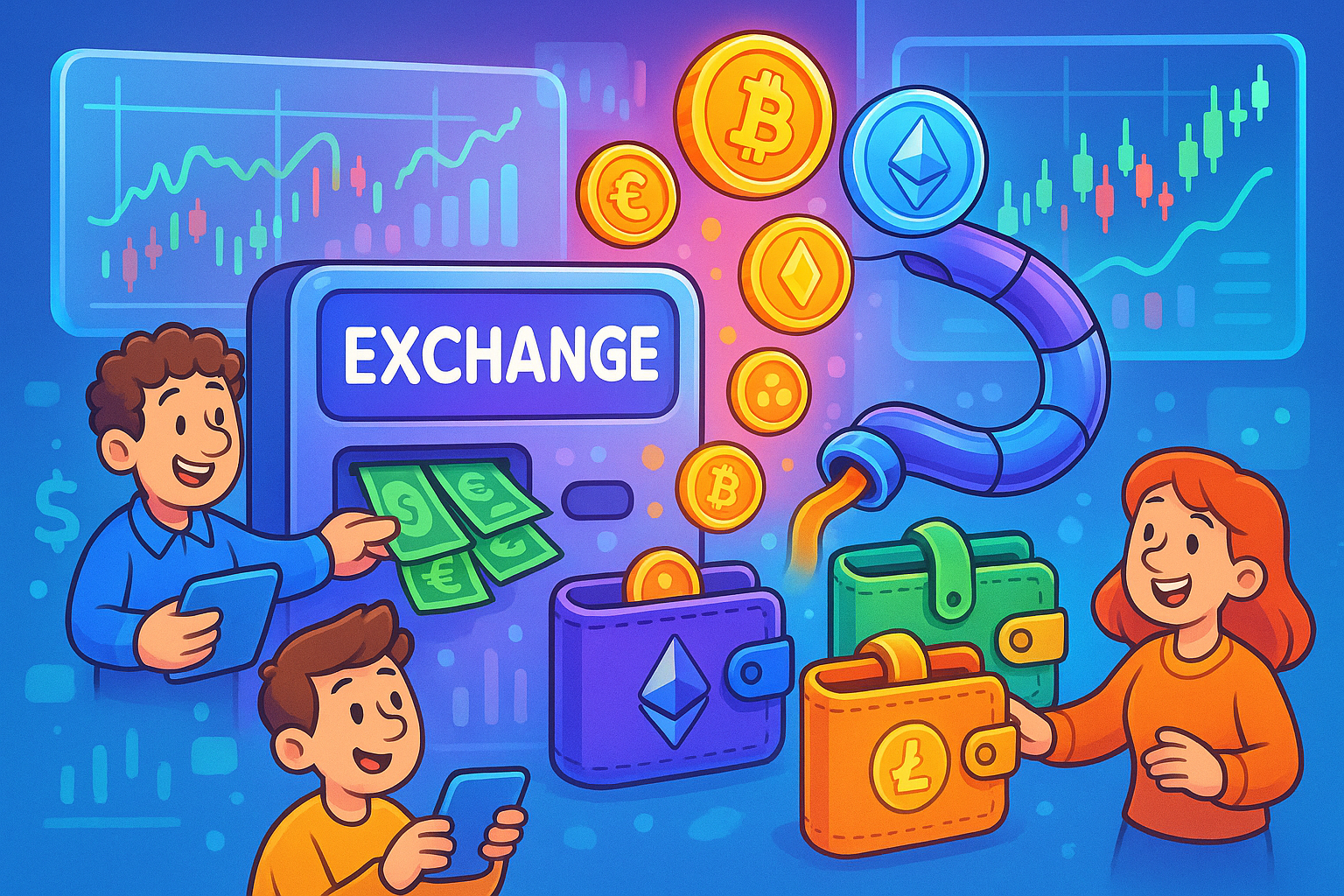
Beyond Wallets and Exchanges: Essential Tools & Concepts
Blockchain Explorers: Your Transparency Tool
Blockchain explorers like Etherscan (for Ethereum), BscScan (for BNB Chain), Polygonscan (for Polygon), and Solscan (for Solana) are public websites that allow you to view all transactions, wallet balances, and smart contract interactions on a specific blockchain. They are invaluable for verifying transactions, checking token balances, and understanding network activity.
NFT Marketplaces: Trading Your Digital Assets
Many P2E games utilize NFTs for their in-game assets. You'll need access to NFT marketplaces to buy or sell these assets.
- OpenSea: The largest multi-chain NFT marketplace, supporting Ethereum, Polygon, Klaytn, and more. A go-to for many P2E game NFTs.
- Magic Eden: The dominant NFT marketplace for the Solana blockchain, crucial for Solana-based P2E games.
- Game-Specific Marketplaces: Some games, like Axie Infinity, have their own dedicated marketplaces which offer better integration and often lower fees for their specific assets.
Security Best Practices: Protect Your Assets!
The decentralized nature of crypto means you are your own bank, and with that comes great responsibility.
- NEVER Share Your Seed Phrase: This cannot be stressed enough. Anyone with your seed phrase owns your crypto.
- Be Wary of Phishing: Always double-check URLs. Scammers often create fake websites that look identical to legitimate ones. Never click suspicious links.
- Enable Two-Factor Authentication (2FA): For all your exchange accounts and any service that supports it.
- Revoke DApp Permissions: Regularly check and revoke permissions you've granted to dApps (games, DEXs) that you no longer use or trust. Tools like Revoke.cash can help.
- Use a Hardware Wallet (Optional, but Recommended for Large Holdings): For significant investments, a hardware wallet (cold storage) like Ledger or Trezor provides the highest level of security.
- Stay Informed: Follow reputable crypto news sources and be aware of common scams.
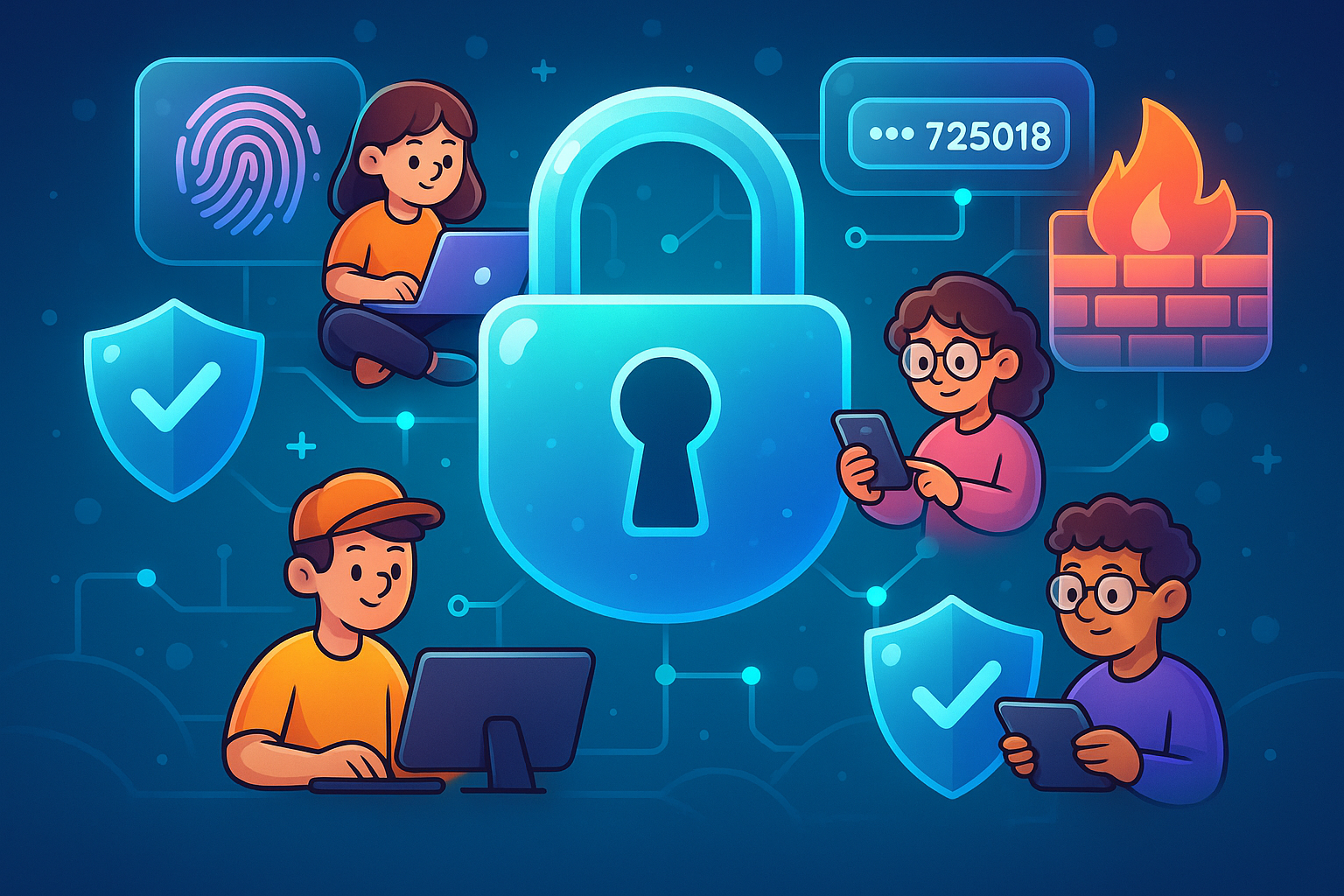
Finding Your First P2E Game
With your wallet set up and crypto acquired, you're ready to explore games! But how do you choose?
- Research Platforms: Websites like DappRadar, PlayToEarn.net, and CoinMarketCap list many P2E games, often with data on user numbers, token prices, and market cap.
- Evaluate Tokenomics: Understand the game's economic model. How are tokens earned, spent, and burned? Is the supply inflationary or deflationary? A healthy tokenomics model suggests sustainability.
- Assess the Team and Community: A strong, transparent development team and an active, engaged community are good indicators of a game's potential.
- Gameplay Matters: Don't just chase profits; choose games you genuinely enjoy playing. Sustainability often comes from fun gameplay that attracts and retains players.
- Long-Term Vision: Does the game have a clear roadmap, ongoing development, and plans for future expansion?
Conclusion: Your P2E Adventure Awaits
The world of Play-to-Earn is dynamic, innovative, and full of potential. By understanding and setting up your crypto wallet, navigating exchanges, and adopting crucial security practices, you've equipped yourself with the ultimate starter kit to begin your journey. Remember, while P2E offers exciting earning opportunities, it also comes with risks inherent to the crypto space. Always do your own thorough research (DYOR), start small, and prioritize security. Welcome to the future of gaming – where your efforts truly pay off!
